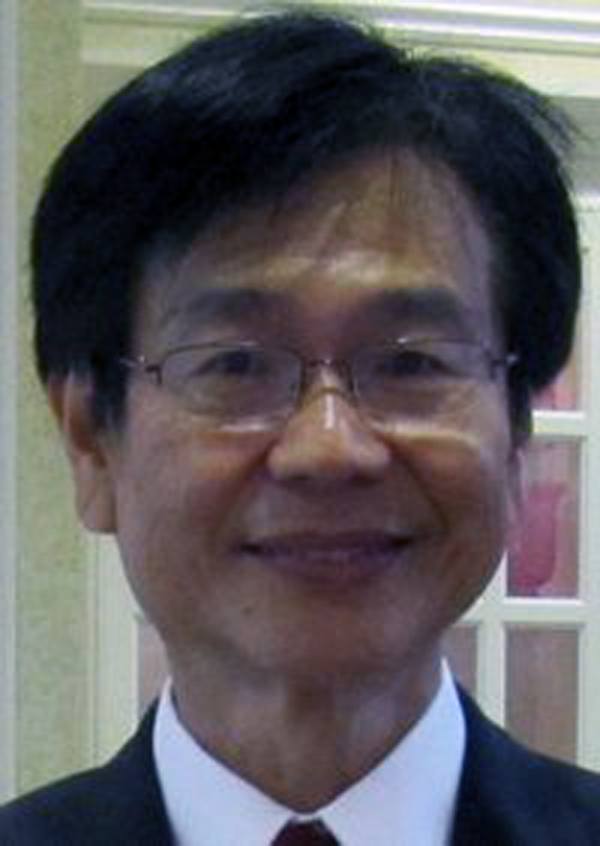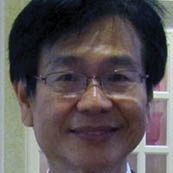
The next talk in the Climate-Sustainability Lecture Series, hosted by the Farquhar College of Arts and Sciences, will include a discussion on using coral reefs as a potential source for renewable energy.
Climate-Sustainability Lecture Series
“Carbon Dioxide Capture by Engineering a Self-Sustained Coral Reef Park with Renewable Energy”
Tsung-Chow “Joe” Su, Ph.D. (Florida Atlantic University)
Friday, Nov. 16
Noon–1:00 p.m.
Mailman-Hollywood Building | Second Floor Auditorium
About the Talk
This presentation discusses a proposal to use the current at the bottom of the ocean as an on-site renewable-energy source. The deployment of an array of bio-creature-friendly spinners will be investigated in terms of generating low-voltage direct current to grow limestone on conductive substrates. These self-sustained coral reefs have the possibility to enhance bio-diversity, provide coastal protection, promote tourism, and positively affect climate change with renewable energy on site. Of particular interest, these engineered coral reefs may have the potential for carbon sequestration.
About the Speaker
Tsung-Chow “Joe” Su, Ph.D., is a professor in the Department of Ocean and Mechanical Engineering at Florida Atlantic University in Boca Raton.
This talk is free and open to the public. For more information, contact Song Gao, Ph.D., associate professor at the college, at (954) 262-8388.
Hosted by the college’s Division of Math, Science, and Technology, the Climate-Sustainability Lecture Series aims to increase the understanding of the science, technology, and policies relating to climate change and sustainable development. Experts in related fields from within NSU and other institutions are featured speakers. These lectures give faculty members and students the opportunity to discuss the scientific, technological, social, and policy aspects of sustainability-related issues.

